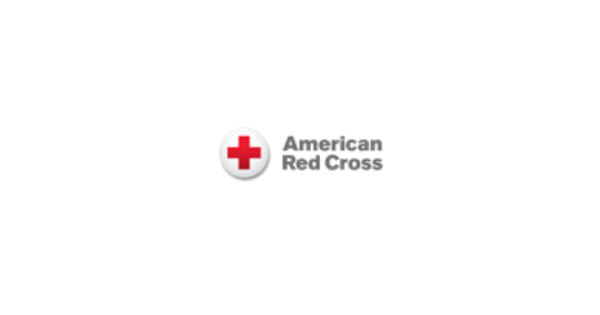Last Updated on June 16, 2021 by American Red Cross
The American Red Cross is experiencing a severe blood shortage as the number of trauma cases, organ transplants and elective surgeries rise– and deplete the nation’s blood inventory. Donors of all blood types – especially type O – are urged to make an appointment to give as soon as possible to prevent further impact to patients.
Right now, hospitals are responding to an atypically high number of traumas and emergency room visits, as well as overdoses and resulting transplants. In comparison to 2019, the Red Cross has seen demand from trauma centers climb by 10% in 2021− more than five times the growth of other facilities that provide blood transfusions.
“When seconds count in emergency trauma situations, it’s the blood already on the shelves that can make the difference in lifesaving care,” said Julie Brady, Regional Donor Services Executive, of the Indiana Region of the American Red Cross. “As many people begin to enjoy travel and time with loved ones again this summer, patients are relying on the generosity of donors to help ensure they have access to the treatment they need. Please consider blood donation as a summer activity that can help save lives.”
Patients need the help of the American people. Schedule an appointment to give blood now by using the Red Cross Blood Donor App, visiting RedCrossBlood.org, calling 1-800-RED CROSS (1-800-733-2767) or enabling the Blood Donor Skill on any Alexa Echo device.
UPCOMING BLOOD DRIVES IN CASS COUNTY
Logansport
6/17/2021: 12 p.m. – 6 p.m., McHale Complex, 1212 Riverside Drive
6/21/2021: 2 p.m. – 7 p.m., Shiloh Christian Church, 1047 N 350 W
6/28/2021: 3 p.m. – 8 p.m., Elks Lodge 66, 1100 N 3rd Street
In addition to trauma needs, there is a great hospital demand for blood as people who deferred care during the height of the pandemic present with more advanced disease progression, requiring increased blood transfusions. Over the last three months, the Red Cross has distributed about 75,000 more blood products than expected to meet these needs. As a result of this shortage, some hospitals are being forced to slow the pace of elective surgeries until the blood supply stabilizes. Blood is perishable and cannot be stockpiled, so it must constantly be replenished by generous blood donors.
Donors are urged to make an appointment to give blood now.As a thank-you, those who come to give now through June 30 will receive a $5 Amazon.com Gift Card via email, courtesy of Amazon. (Restrictions apply. Additional information and details are available at RedCrossBlood.org/Together.)
In most cases, those who have received a COVID-19 vaccine can donate. However, knowing the name of the manufacturer of the vaccine they received is important in determining donation eligibility.
Final weeks for COVID-19 antibody testing
As more than a third of Americans have become fully vaccinated against COVID-19, the Red Cross is winding down COVID-19 antibody testing for blood, platelet and plasma donations.
Through June 25, the Red Cross is testing all donations for COVID-19 antibodies. Testing may show possible exposure to the virus or whether a donor has developed an immune response to vaccination. The conclusion of Red Cross antibody testing represents a new, hopeful phase as the nation continues to journey out of this pandemic.
World Sickle Cell Day: June 19
June 19 is World Sickle Cell Day, an important day for the more than 100,000 individuals with sickle cell disease in the U.S. Most people with this disease are of African descent and will require regular blood transfusions to help manage their disease. Some individuals with sickle cell disease may require as many as 100 units of blood per year.
The Red Cross is screening all blood, platelet and plasma donations from self-identified African American donors for the sickle cell trait. This additional screening will provide Black donors with an additional health insight and help the Red Cross identify compatible blood types more quickly to help patients with sickle cell disease. Since the best blood match for a patient receiving ongoing transfusions comes from donors of the same genetic background, the Red Cross encourages people of all ethnicities to give blood and help increase the number of diverse donors so we can find the best match for all patients.
Donors can expect to receive antibody test and sickle cell trait screening results, if applicable, within one to two weeks through the Red Cross Blood Donor App and the online donor portal at RedCrossBlood.org.






